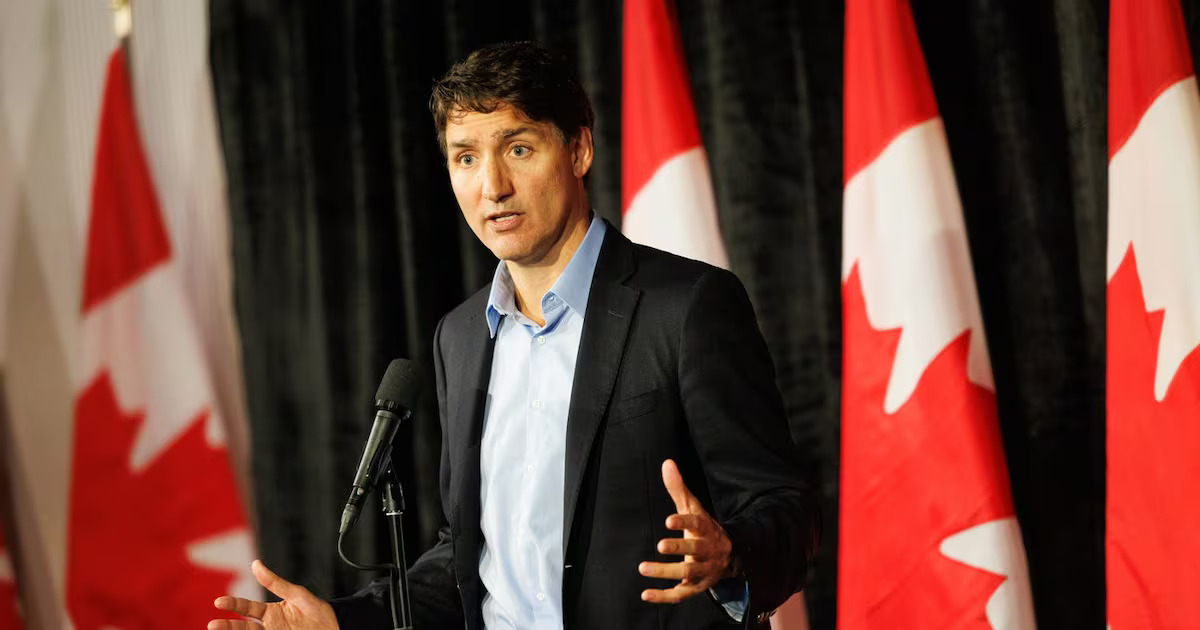CANADA NEWS – Canadian businesses grappling with the impact of new tariffs on Chinese goods have been offered some relief, as Ottawa announces that companies can now request exemptions from these fees. This development comes in response to recent tariff hikes on Chinese electric vehicles (EVs), steel, and aluminum products, imposed by the federal government in an effort to address trade imbalances. The Canadian government has made it clear that businesses facing significant challenges in adjusting their supply chains can apply for tariff remission, a move aimed at mitigating the economic impact on industries that depend on these imports.
Prime Minister Justin Trudeau announced the imposition of a 100% tariff on Chinese electric vehicles on August 26, with the new duties taking effect on October 1. Additionally, a 25% tariff on Chinese steel and aluminum imports is set to come into force on October 22. These tariffs follow concerns raised by Canadian industry groups, which have been vocal about the competitive disadvantage posed by cheaper Chinese imports. As companies scramble to realign their supply chains, the government has emphasized its willingness to consider exemptions for those unable to find alternative sources or facing contractual obligations made before the tariff announcement.
In a statement, Finance Minister Chrystia Freeland justified the tariffs by accusing China of engaging in unfair trade practices, particularly pointing to the country’s poor environmental and labor standards. Freeland highlighted that China’s lower regulatory thresholds allow it to flood global markets with underpriced goods, often at the expense of environmental sustainability and worker welfare. She underscored that the tariffs are not just a matter of trade protection but are also aligned with Canada’s commitment to fair labor practices and environmental responsibility, two key pillars of the country’s trade policies.
The tariffs, however, are not without controversy. While Canadian industries such as automakers, steel producers, and aluminum manufacturers have applauded the move, they acknowledge the potential strain on businesses reliant on Chinese imports. In response, the government has made clear that exemptions will be considered under “exceptional circumstances.” This includes cases where companies cannot source the products from other markets or face binding pre-existing contracts that would be severely impacted by the sudden price increases.
Canada’s decision mirrors a similar approach taken by the United States earlier this year. In the spring, the U.S. announced its own tariff measures targeting Chinese EVs and metal products, although those tariffs have not yet been implemented. Facing pressure from domestic industry groups to keep pace with its southern neighbor, Canada’s Liberal government engaged in a month-long consultation process before confirming its tariff plans. The consultations, which are required by Canadian law, were crucial in shaping the final policy, balancing the need to protect domestic industries with the potential impact on companies dependent on Chinese goods.
Unsurprisingly, the tariffs have not gone unnoticed by China. In response, China has filed a complaint against Canada at the World Trade Organization (WTO), arguing that the new measures are unjust. Additionally, Beijing has launched an anti-dumping investigation into Canadian canola imports, vowing to protect the “legitimate rights and interests” of Chinese companies. This escalating trade tension between the two countries signals a further deterioration in bilateral relations, already strained by a series of geopolitical disagreements over the past several years.
As the trade dispute unfolds, Canadian businesses find themselves in a precarious position, trying to navigate both domestic policy changes and international trade challenges. While the exemption process offers some hope for affected companies, the broader impact of these tariffs on the economy, particularly in industries reliant on global supply chains, remains to be seen. Nevertheless, Ottawa’s tough stance on Chinese imports reflects the country’s ongoing efforts to align its trade policies with fair competition, environmental sustainability, and labor protections in an increasingly complex global market.
